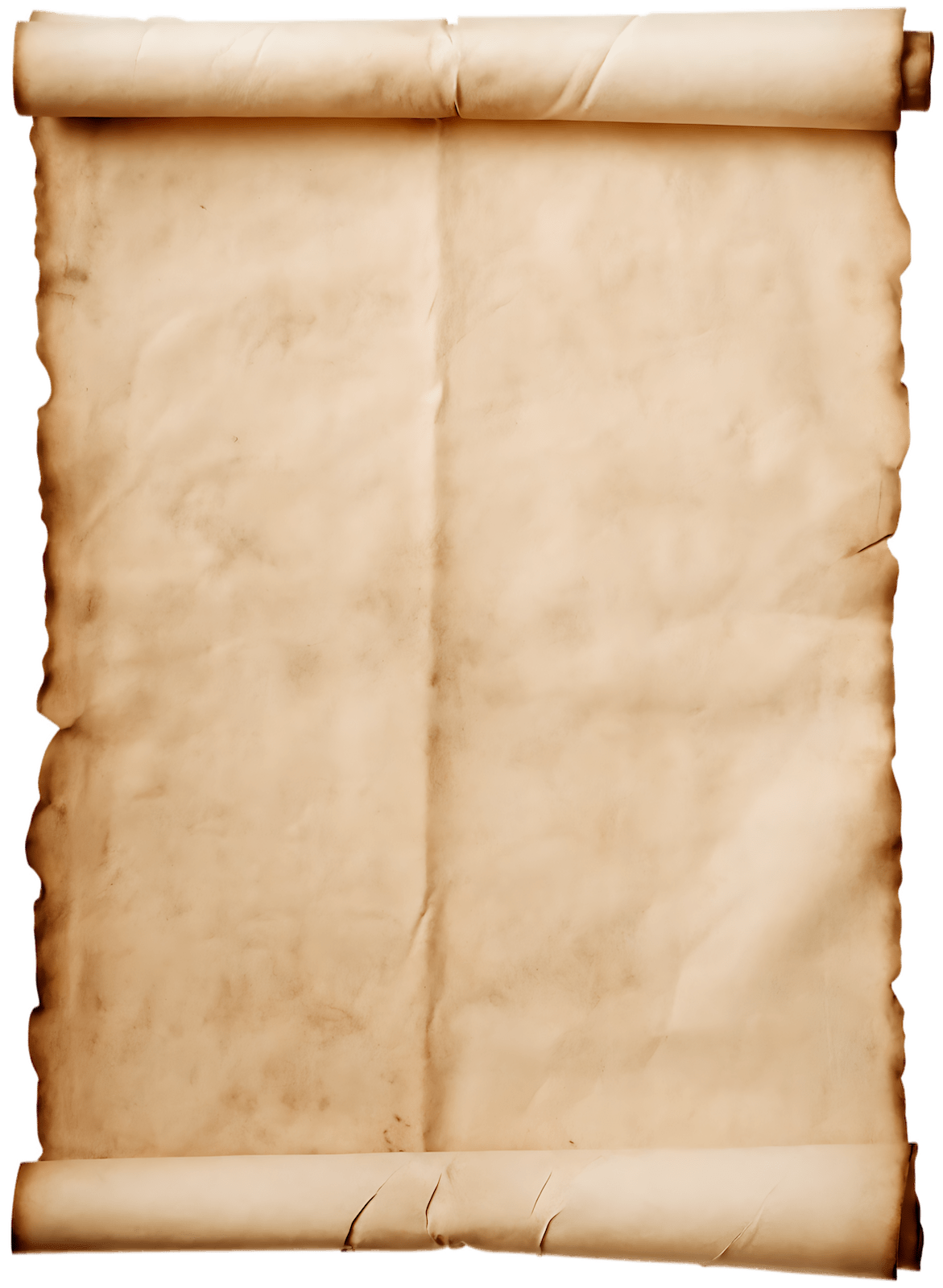


A note from the author
 hat, too, can be more grateful, than to commit to the page of history, the exploits of brave men, by whose example others may shake off their indolence, and take up arms in defence of their country?
hat, too, can be more grateful, than to commit to the page of history, the exploits of brave men, by whose example others may shake off their indolence, and take up arms in defence of their country?
With these words, the 12th century Chronicler William of Malmesbury introduced his account of the war between the Empress Matilda and King Stephen. But his words were penurious for he reserved his commentary for the acts of the powerful and mighty alone. There was no space for the likes of Gilles of Bec. It was as if he had never existed.
Is it true that Gilles of Bec did not exist? His name was never mentioned; his labours were unrecorded. But, like footsteps on the dewy grass dissolving in the winter sun, there are signs that he walked these lands in long-gone times. The waters of the leat still flow in his Berchescire village; the ditches that drained the medieval meadows of their floods continue to do their work; the old track between Oxeneford and Wyncestre is there climbing the hill from which Gilles and Alvric surveyed their lands; and when the summer sun casts its evening shadows, the rise and fall of the fields mark where his plough teams toiled across the soil.
Moreover, between the lines of academic pages penned by modern scholars, another hand is evident, invisible to the eye but apparent to another sense, hinting at the presence of someone who nudged the conscience of the great players of the time: that still, quiet voice of balm. Is this the voice of Gilles?
Nine-hundred years on, The Gilles of Bec Chronicles set the story straight.
T D Owen

